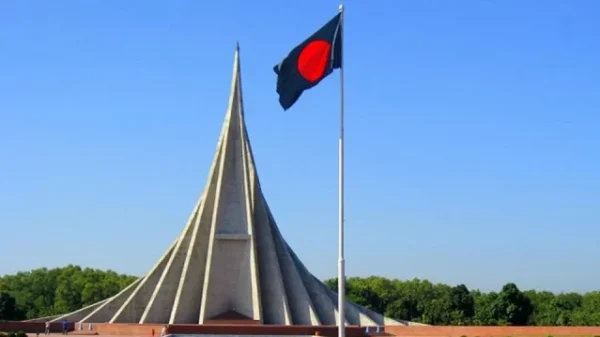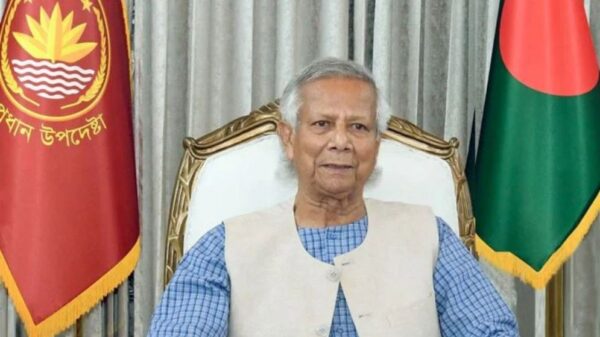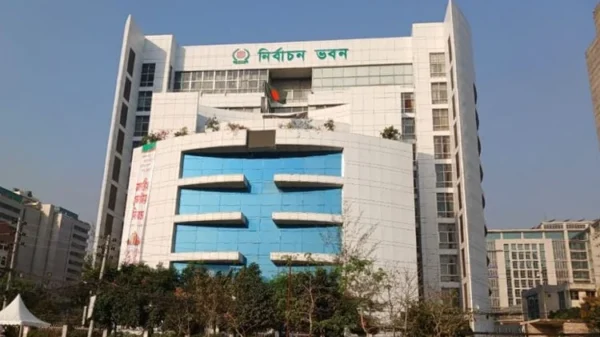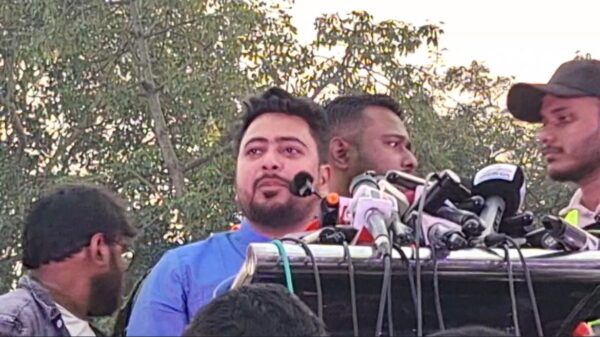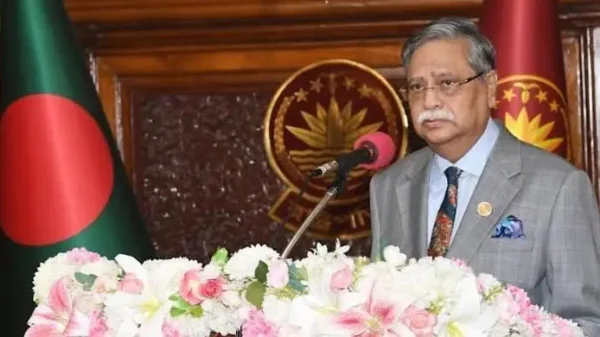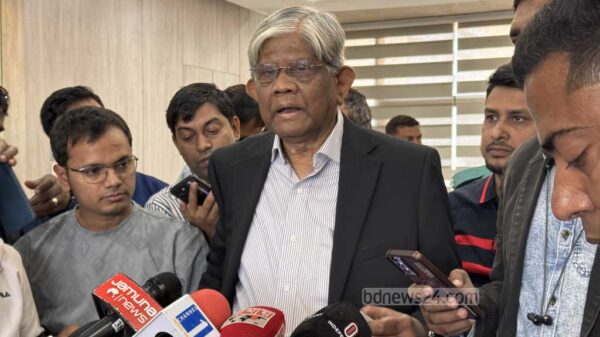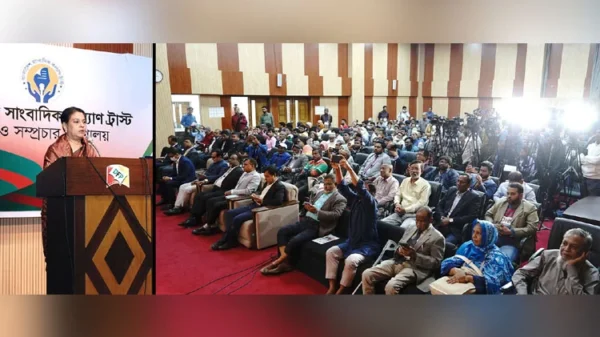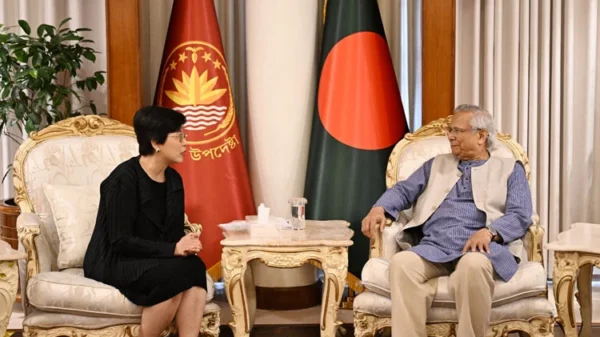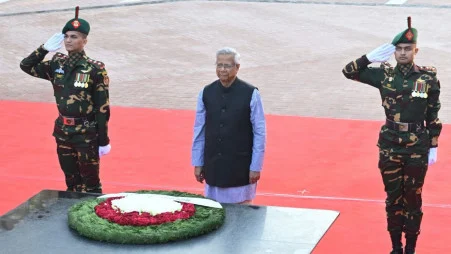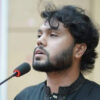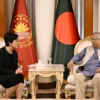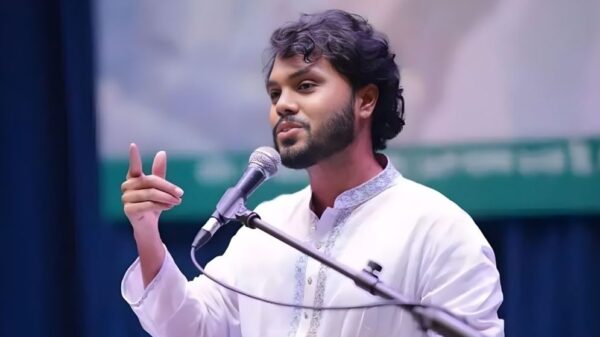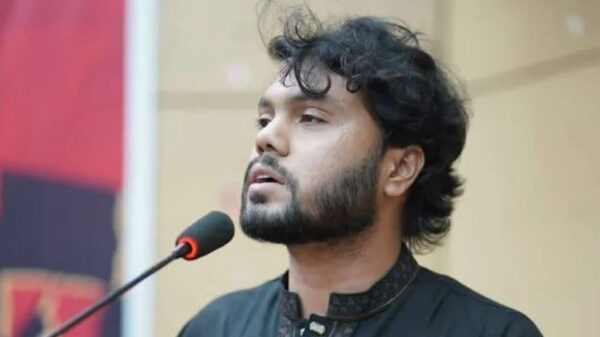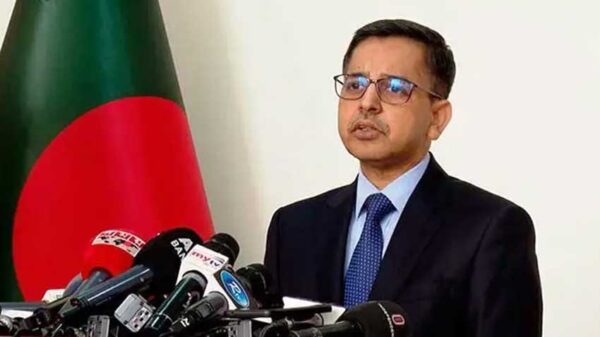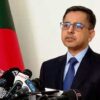Sports Reporter:
Two six-member separate expert committees, formed at Dhaka north and south city corporations due to continuous rise of Dengue cases have now been working tirelessly to devise an effective and durable so-lution to prevent the mosquito borne disease.
“The expert committee held its maiden meeting two weeks back and we’ve got some suggestions from them to combat dengue in a more effective way. We want to use their expertise in finding an effective solution to prevent dengue,” Md Mahmudul Hasan, administrator of Dhaka North City Corporation (DNCC) and president of its expert committee said yesterday.
He said the experts have already recommended ensuring the use of standard and perfect doses of insecti-cides alongside conducting a separate survey on the mosquito borne diseases along with the Directorate General of Health Services (DGHS).
Mahmudul said they have already started execution of the expert suggestions.
The DNCC administrator said they would hold a meeting with the experts in a month or two to take their opinions and it would continue round the year.
He said that they have been continuing their regular larviciding and adulticiding operations under the DNCC area two times, in the morning and in the afternoon daily, on regular basis by 1000 workers.
Apart from DNCC administrator Md Mahmudul Hasan, the five other members of the expert committee are: Dr Md Rashedul Islam, Chairman of Entomology Department, Sher-e-Bangla Agriculture Universi-ty, Prof Dr Golam Sarwar, Divisional Head of the National Institute of Preventive and Social Medicine (NIPSOM), Md Rezaul Karim, Entomologist, Chief Health Officer Brig. General Imru-al-Quais and Chief Executive Officer (CEO) Mir Khairul Alam at the DNCC.
Talking to yesterday, Dhaka South City Corporation (DSCC) Chief Health Officer (In Charge) Dr Fazle Shamsul Kabir said they have held the first meeting with the expert committee three weeks ago and the experts would place short-term and long-term plans to them to fight the city’s dengue menaces in effec-tive ways.
“After reviewing the plans, we will take elaborate programs to prevent Dengue,” he said.
About the most dengue-prone area under the DSCC, he said they have found Demra and Kamrangirchar as the most affected areas.
But, he said the measures, taken by them alongside conducting regular anti-mosquito drives under the DNCC areas by its 1050 workers, would bring down the rate of infection by three to four percent by a week.
Shamsul said the number of people infected in dengue disease under the DNCC area is 3,893 and of them, 32 individuals died.
He said the number of infected people have been shown five to six times higher than that of the exact number as the big hospitals like Dhaka Medical College and Hospital (DMCH), Sir Salimullah Medical College (previously Mitford Hospital), Holy Family and Red Crescent Hospital and Mugda Hospital are under the DSCC jurisdiction and the people across Bangladesh come to these hospitals to take treatment.
Other five members of the DSCC expert committee are: DSCC Administrator (Additional Secretary) Md Nazrul Islam, Zoology Department of Dhaka University (DU) Prof Dr Mohammad Firoz Alam, Chair-man of the Department at the university Prof Dr Shefali Begum, Medical Entomologist of DU Dr Tanjin Akter and DNCC Chief Executive Officer (CEO) Md Mizanur Rahman.
The committees have been asked to provide follow-up reviews and recommendations through monitoring and evaluation. Besides, the committees have been asked to carry out baseline surveys alongside giving advice after verifying the dosage of pesticides used, period of effectiveness and residual effect.
It would also provide required suggestions about quality and efficacy of pesticides used, selection of safe pesticides, evaluation, determination of sensitivity and advice accordingly after assessment of the accura-cy of application and applicability of the equipment used in existing larviciding and adulticiding opera-tions.
The government formed the two expert committees at the DNCC and DSCC as a part of the special measures to strengthen prevention activities due to the increase in the prevalence of dengue disease fol-lowing a meeting with directives with LGRD and Cooperative Adviser A.F. Hassan Ariff on September 30 last.
This year, the total number of cases rose to 64,471 while 314 deaths from dengue disease were reported till November 3, according to a statement of the Directorate General of Health Services.
Last year, the country recorded 1,705 dengue-related deaths with a total infection of 3,21,179 during the period.


